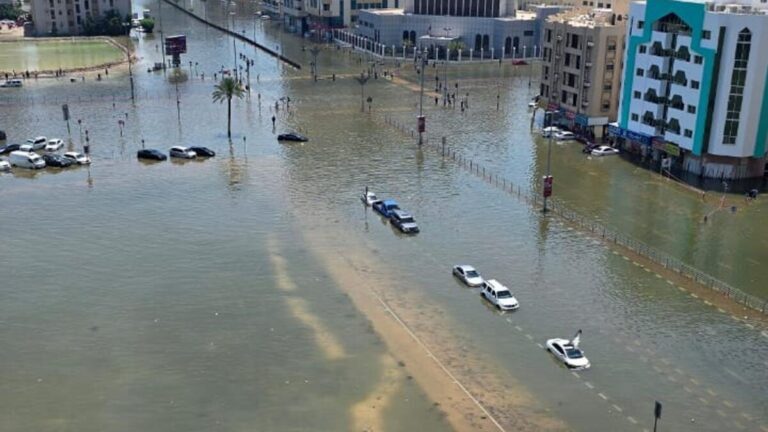UAE Rain Claims: Lingering Delays and Disputes
It’s been two months since record-breaking rains pummeled the UAE, but the fallout for insurers is far from over. A surge of claims, both large and small, continues to clog the system, with many disputes erupting over hefty payouts.
Unprecedented Backlog
The April 16th and 17th downpour, the heaviest in 75 years, left a trail of damaged property and vehicles. Many cars were completely submerged, leading to a massive backlog of claims. Moin ur Rehman, an insurance broker, explains that settling even minor flood-related claims – particularly for vehicles and homes – is still ongoing. “The sheer volume of claims has overwhelmed insurers,” Rehman says, “but they’re progressing through them.”
Toshita Chauhan, another insurance expert, echoes this sentiment. She highlights the unprecedented number of claims, overwhelmed repair shops, and a shortage of car parts as key reasons for the delay. Add to that the complexity of verifying claims, assessing damage, and potential coverage disputes, and it’s no wonder settlements are taking longer than usual.
The Big-Ticket Battles
Large claims, especially those related to construction and property damage, are particularly contentious. Insurers are scrutinizing whether customers violated safe driving practices by entering flooded areas, which typically voids coverage. “If evidence suggests a vehicle was deliberately driven through hazardous conditions, claims could be contested,” warns Avinash Babur, an insurance CEO. Disputes often hinge on when and how the damage occurred, with insurers grilling customers about whether they intentionally drove through floodwaters.
Rehman adds that the heavy rains could trigger lawsuits against building professionals, citing concerns like flooding and structural weaknesses. Insurance claim denials due to policyholder non-compliance, such as driving through floods, further fuel the disputes.
These large-scale disagreements extend beyond driving habits. Construction-related issues like structural flaws, faulty drainage systems, and design/supervision oversights also contribute to claim rejections. Confusion regarding coverage differences between comprehensive and third-party car insurance plans is another reason why claims get tossed.
Beyond the Blame Game
Chauhan highlights another area of contention: pre-existing car damage. Insurers may argue that existing rust, dents, or mechanical problems contributed to the overall damage caused by rain. In some cases, negligence might be cited, such as driving through flooded areas against warnings, which is typically excluded from coverage.
Documentation issues and disagreements over the extent of damage are additional hurdles to claim settlement.
The Road to Resolution
While the process remains slow and bumpy, insurers are working through the backlog. To expedite claims, ensure you have all the necessary documentation, clarify any coverage concerns upfront, and avoid actions that could void your policy. Remember, patience and clear communication are key to navigating this insurance maze left behind by the April floods.


